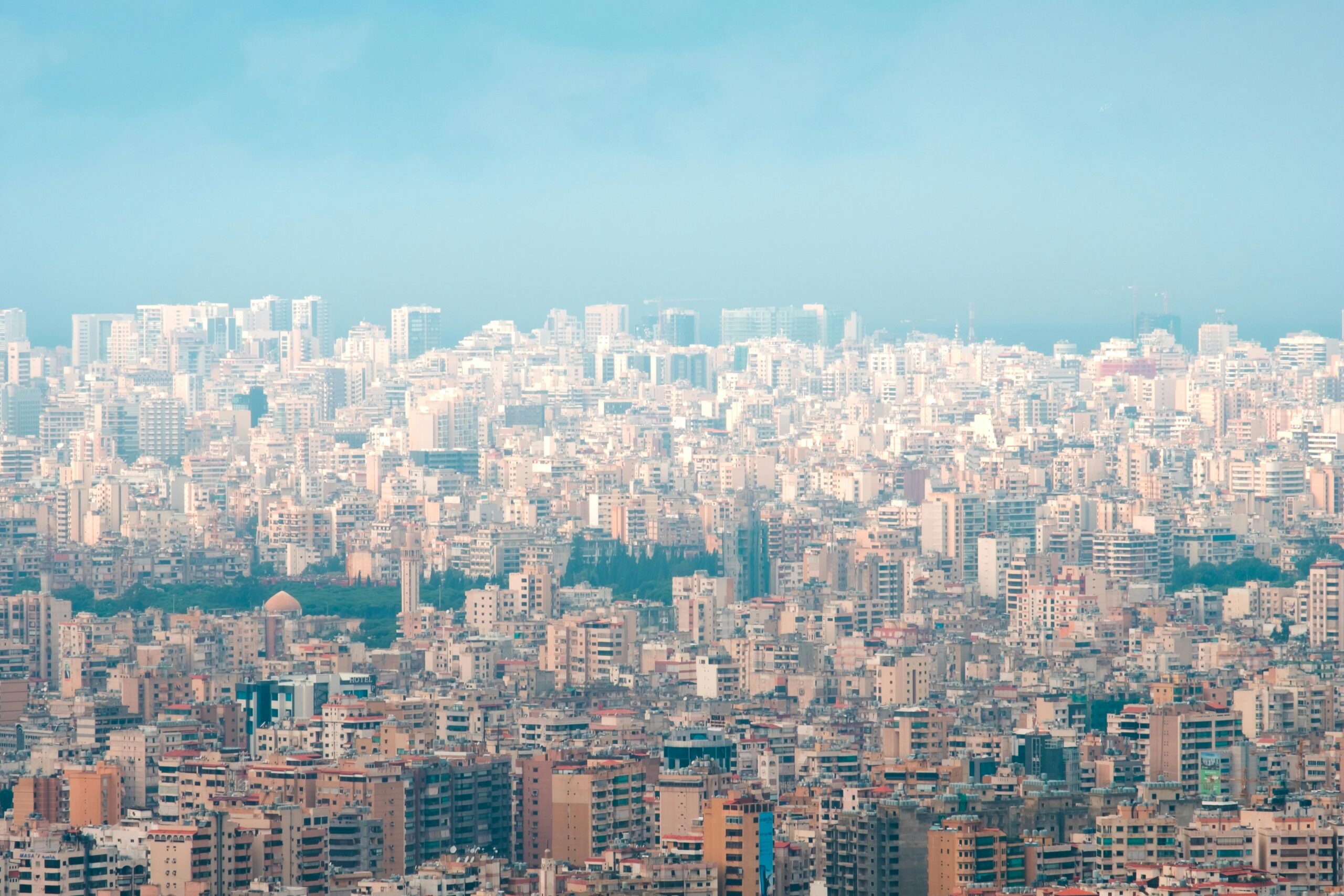single
Amna CEO Reflects on Ceasefire in Lebanon

Rebuilding in Lebanon: Mental health the foundation of joy and belonging
Najwa Al Abdallah
On the morning of 27th November 2024, for the first time in over a year, I woke up with a smile on my face and a sense of relief. I welcomed the Hezbollah-Israel ceasefire and now I can only hope it is permanent. Israel’s intensified air strikes on Beirut and Bekaa Valey have left a trail of massive destruction across my home country. Entire villages in the south have been wiped out, civilian casualties continue to mount, and over 1.3 million people, including refugees, have been displaced. The path to rebuilding and the economic recovery will undoubtedly be long and arduous, but the healing from the trauma of loss, grief, and displacement will take generations. Now, more than ever, mental well-being must be redefined and prioritized as an integral part of recovery and resilience.
Born in 1978 in the midst of Lebanon’s 15-year civil war, my life has been shaped by resilience, hope, and love, but also by overwhelming despair, grief, and anger. Displaced first from my home village overlooking Beirut, I have since been displaced multiple times, lost family members to war, and witnessed firsthand the toll of poverty and conflict. These personal tragedies are compounded by Lebanon’s political instability, economic crises, sectarianism, corruption, and lack of governance, all of which have deeply impacted mental health in our communities.
When the civil war ended in 1990, there was no space to process its horrors—why people killed each other, why families lost their homes, why children lived in fear. Young men returned from battle without education or career prospects. Countless lives were irreparably altered. My individual experience also reflects the collective trauma of the Lebanese people—a people with a profound, urgent need for mental health support.
Lebanese people are dealing with layers of immense challenges: the aftermath of civil war, repeated attacks and occupation by Israel, the presence of half a million Palestinian refugees, decades of Syrian control, and the assassination of Prime Minister Rafic Hariri, followed by political murders. The war in Syria forced millions of refugees into Lebanon—the most per capita in the world—while the 2020 Beirut port explosion left over 300,000 homeless, killed hundreds, injured thousands, and caused billions in damage. More recently, Lebanon’s economic collapse, the genocide in Gaza, and renewed Israeli aggression have added to the despair. Every day, reminders of this instability—displaced families, children out of school, or health workers killed in their efforts—create an environment of anxiety, depression, and hopelessness. Even in the relief of a ceasefire, the seeds of hope are choked by the fear that war will come again—as it always has.
Yet, mental well-being remains taboo in Lebanese society. After the destructive July 2006 war between Hezbollah and Israel, I sought therapy and encouraged others to do the same—only to be labeled “crazy.” Many turned instead to unsupervised medication, alcohol, drugs, violence, or, tragically, suicide.
Globally, less than 1% of displaced communities have access to mental health and psychosocial support services. Lebanon is no exception. We need safe spaces to share our stories, confront our fears, and build resilience. It is crucial to dismantle the stigma surrounding mental health, fostering a culture where vulnerability is seen as a strength. Support systems must be created to empower individuals to navigate their mental health challenges and reclaim their lives amidst chaos.
An effective approach must account for Lebanon’s cultural and financial realities. Traditional therapy may not always be accessible due to societal stigma or economic barriers. We need tailored programs that are both effective and culturally sensitive, meeting our community’s unique needs.
Building collective resilience is essential. By supporting one another, we create a network of strength capable of withstanding our harsh realities. Every story shared and breakthrough achieved contributes to a broader narrative of hope for Lebanon’s future.
Yet, the journey toward mental wellness is not linear. Some days, the weight of these challenges feels unbearable. On those days, it is the solidarity of my colleagues and community that reminds me of the importance of this mission. We must create a movement that redefines mental health in Lebanon—a country that has long overlooked its importance.
I urge everyone to recognize the critical value of mental health, both individually and collectively. It is time to break the silence, speak openly about our struggles, and advocate for policies that prioritize mental health as a fundamental human right, not a luxury. I also urge the international community to support these efforts, prioritizing not only physical reconstruction but also mental well-being.
Now, the ceasefire agreement brings a sense of relief. The images coming from Lebanon on that morning sparked hope in displaced people of returning home—even if their houses are completely destroyed. Collectively, as Lebanese—whether internally displaced, living in the diaspora, or holding out in our homes—we cling to the hope that this will be the last wave of destruction. And we remember that hope is more than a fleeting feeling—it is a commitment to ourselves and one another, that we can rebuild not just our homes but our lives—better, stronger, and more beautiful. Together, we can heal, rediscover joy and belonging, and reclaim the narrative of our lives.
Join our network
We’re building the largest healing network of communities and organisations to support people who have experienced violence and displacement. Please add your voice to theirs.


Amna Healing Network is a registered charity in England and Wales. Charity number 1203454.